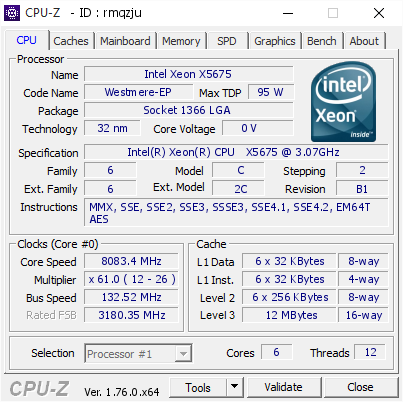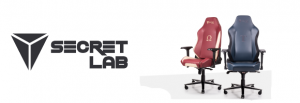- Joined
- Sep 20, 2019
- Messages
- 567 (0.27/day)
| Processor | i9-9900K @ 5.1GHz (H2O Cooled) |
|---|---|
| Motherboard | Gigabyte Z390 Aorus Master |
| Cooling | CPU = EK Velocity / GPU = EK Vector |
| Memory | 32GB - G-Skill Trident Z RGB @ 3200MHz |
| Video Card(s) | AMD RX 6900 XT (H2O Cooled) |
| Storage | Samsung 860 EVO - 970 EVO - 870 QVO |
| Display(s) | Samsung QN90A 50" 4K TV & LG 20" 1600x900 |
| Case | Lian Li O11-D |
| Audio Device(s) | Presonus Studio 192 |
| Power Supply | Seasonic Prime Ultra Titanium 850W |
| Mouse | Logitech MX Anywhere 2S |
| Keyboard | Matias RGB Backlit Keyboard |
| Software | Windows 10 & macOS (Hackintosh) |
to clarify, I game on Windows 10, which is running on my Apple Mac Pro. I dual boot macOS and Windows. but yes you are correct, I have stock clocks on my Xeons. It is Apple hardware I think that makes it rather troublesome to overclock (or alter in any way really), no way to get into anything similar to a BIOS setup. otherwise the CPUs are the same, the CPUs I have are the same that would go into any PC using a chipset that could take the CPU. so I'd say its not that the CPUs are locked, its the ecosystem they are installed in that is effectively locking them. The only difference is my dual CPU system requires them to be delidded where the single CPU system keeps the IHS on. I read up on overclocking these guys many years ago but it became too convoluted for me to really follow through with it. Perhaps if I revisit it now-a-days with the knowledge I've gained over the years, perhaps it wont sound so "greek" to me anymore lol. These CPUs are very competetive multi core wise, but single core they are showing their age. I do wish I could easily overclock them like on a PC system















